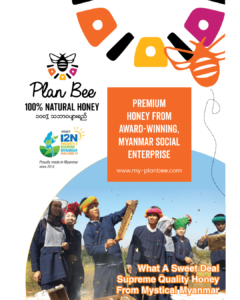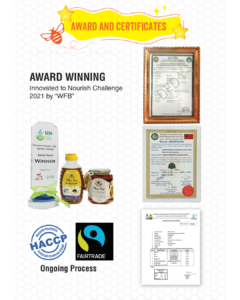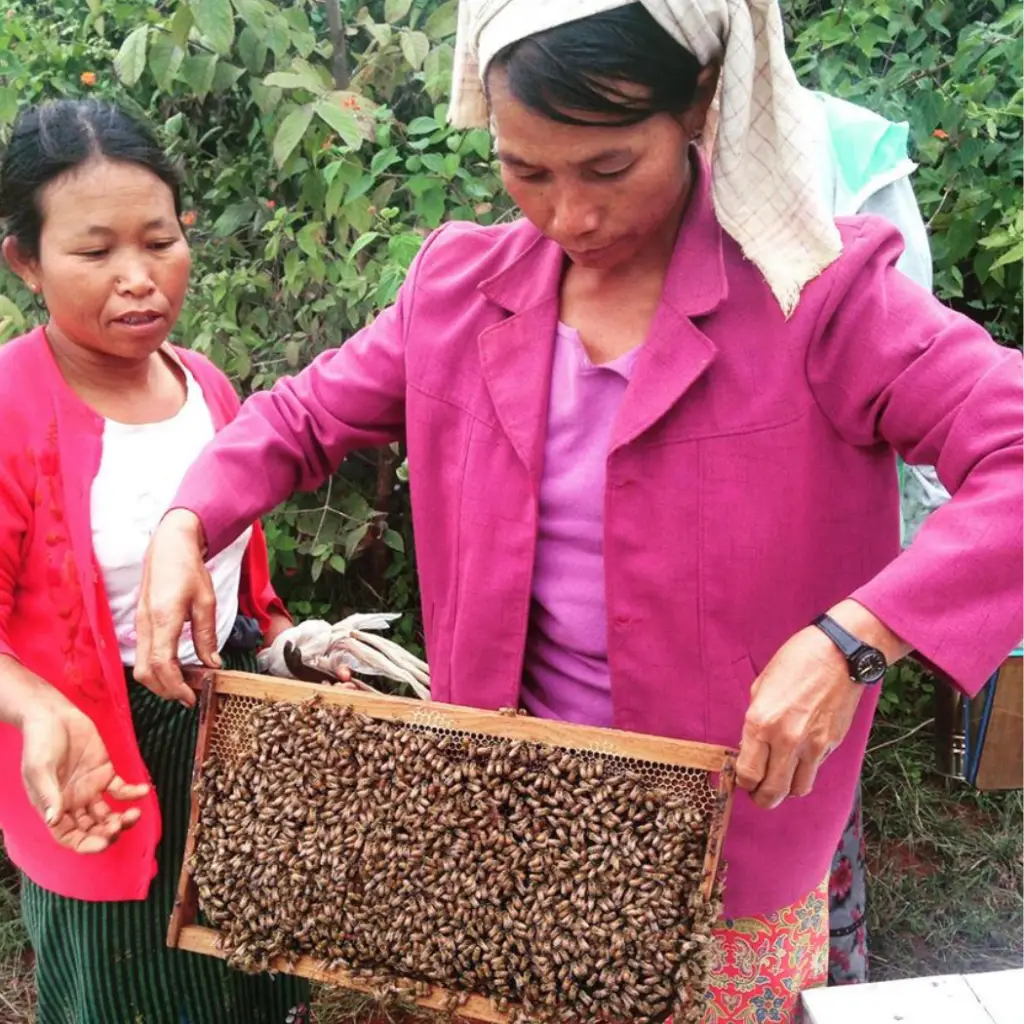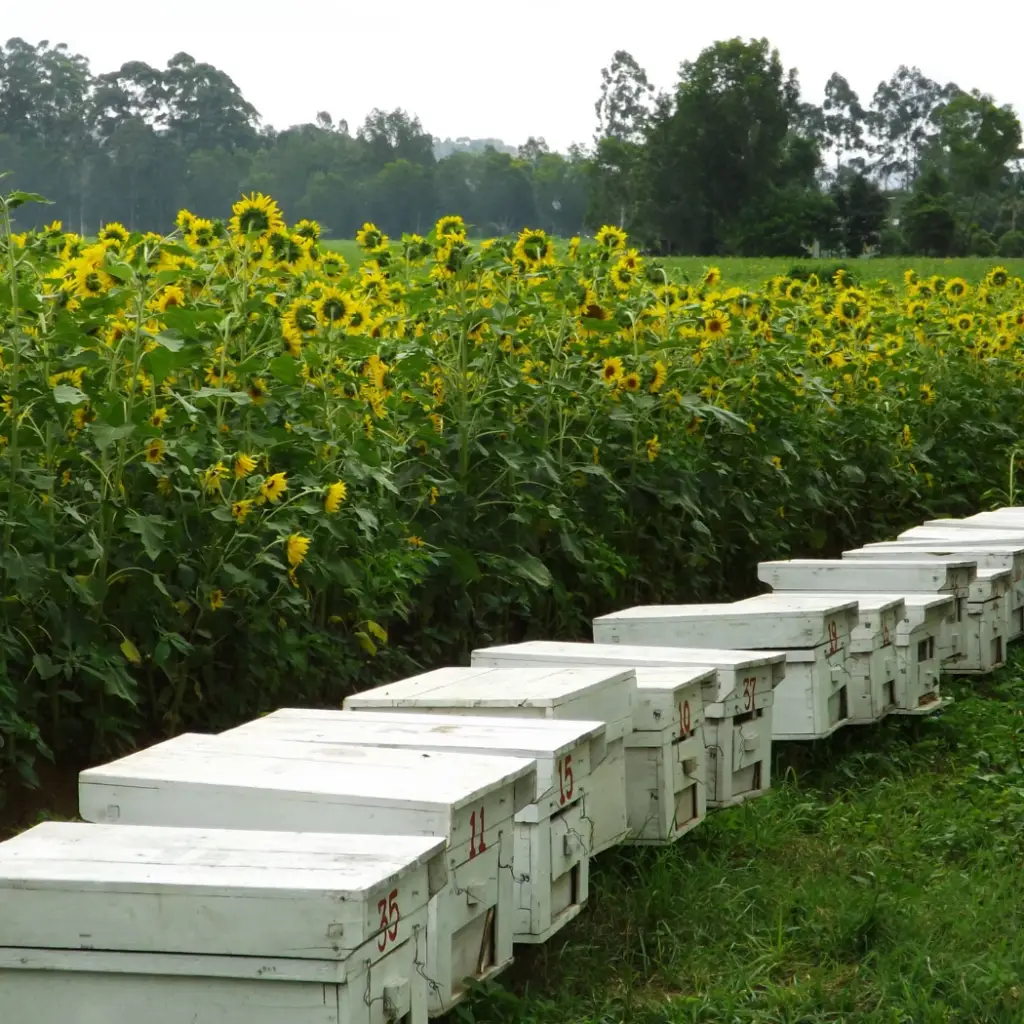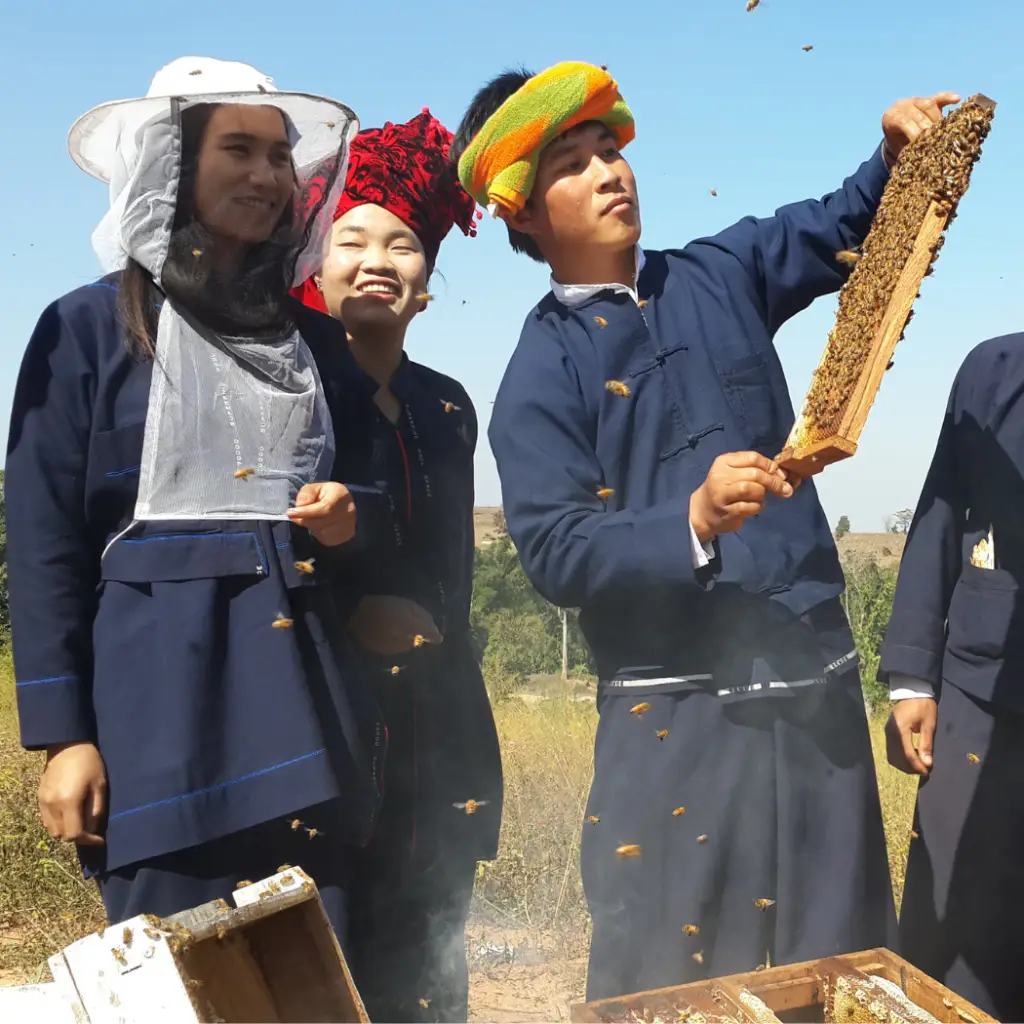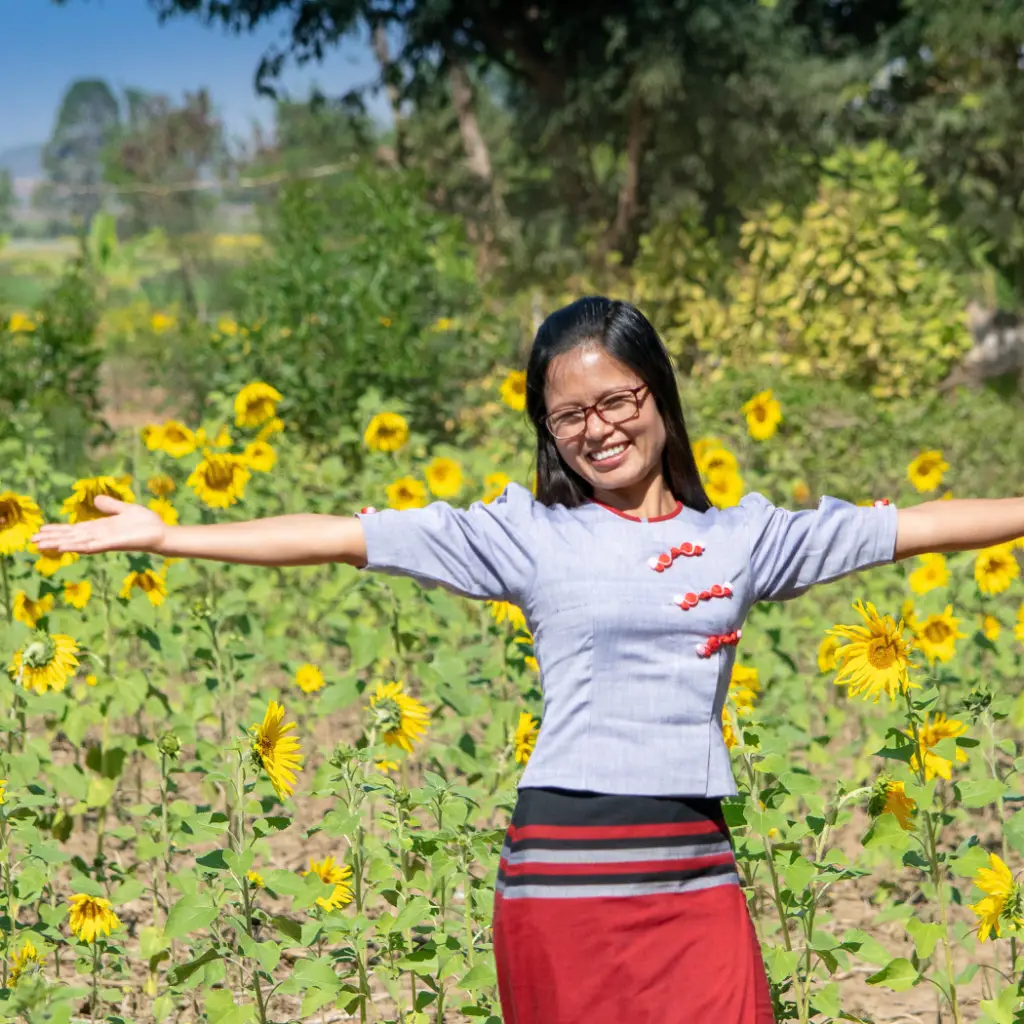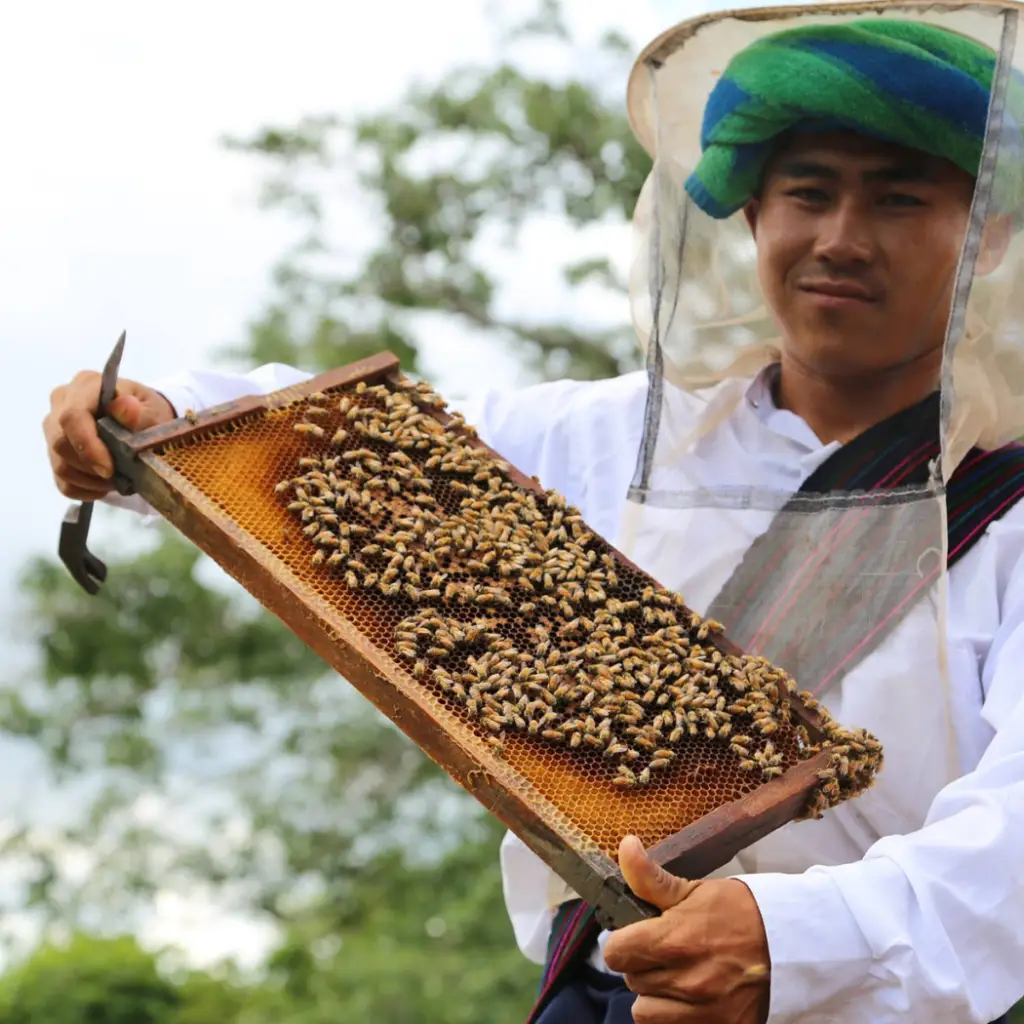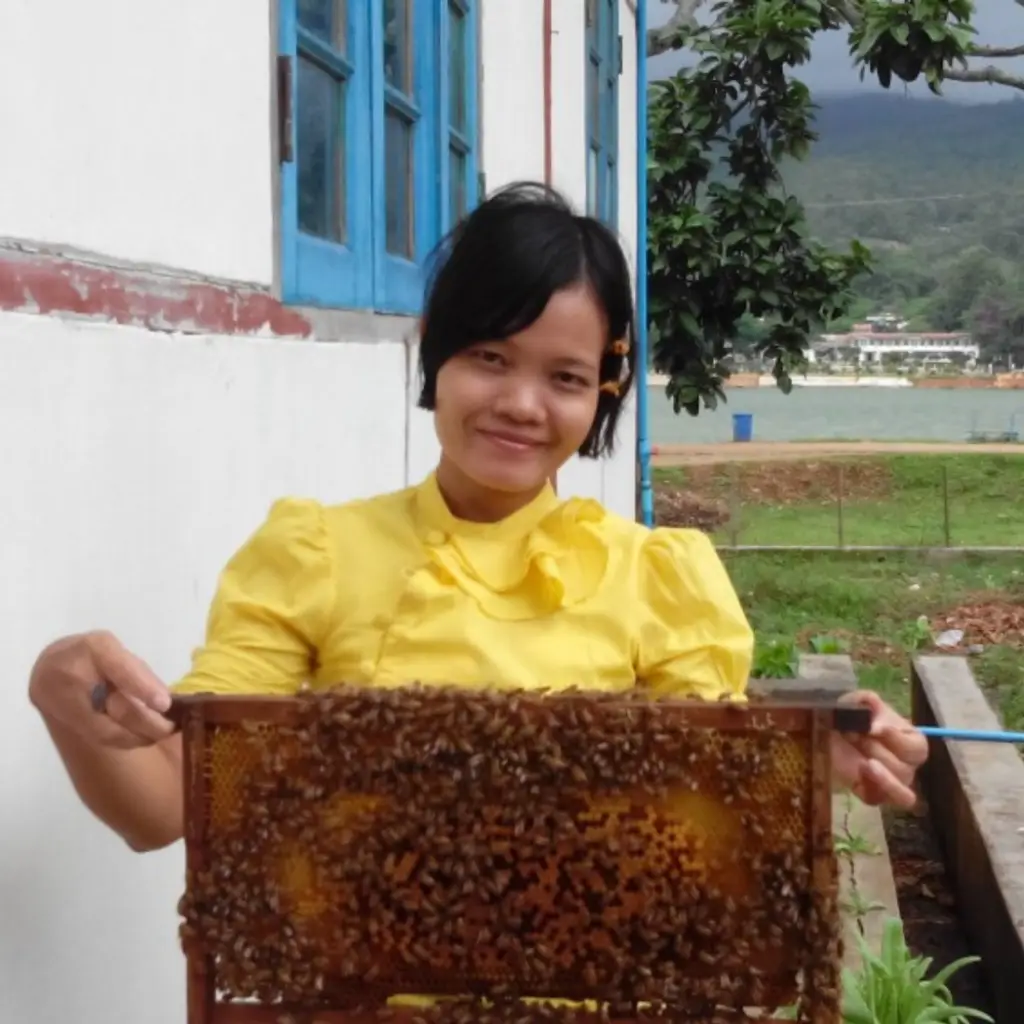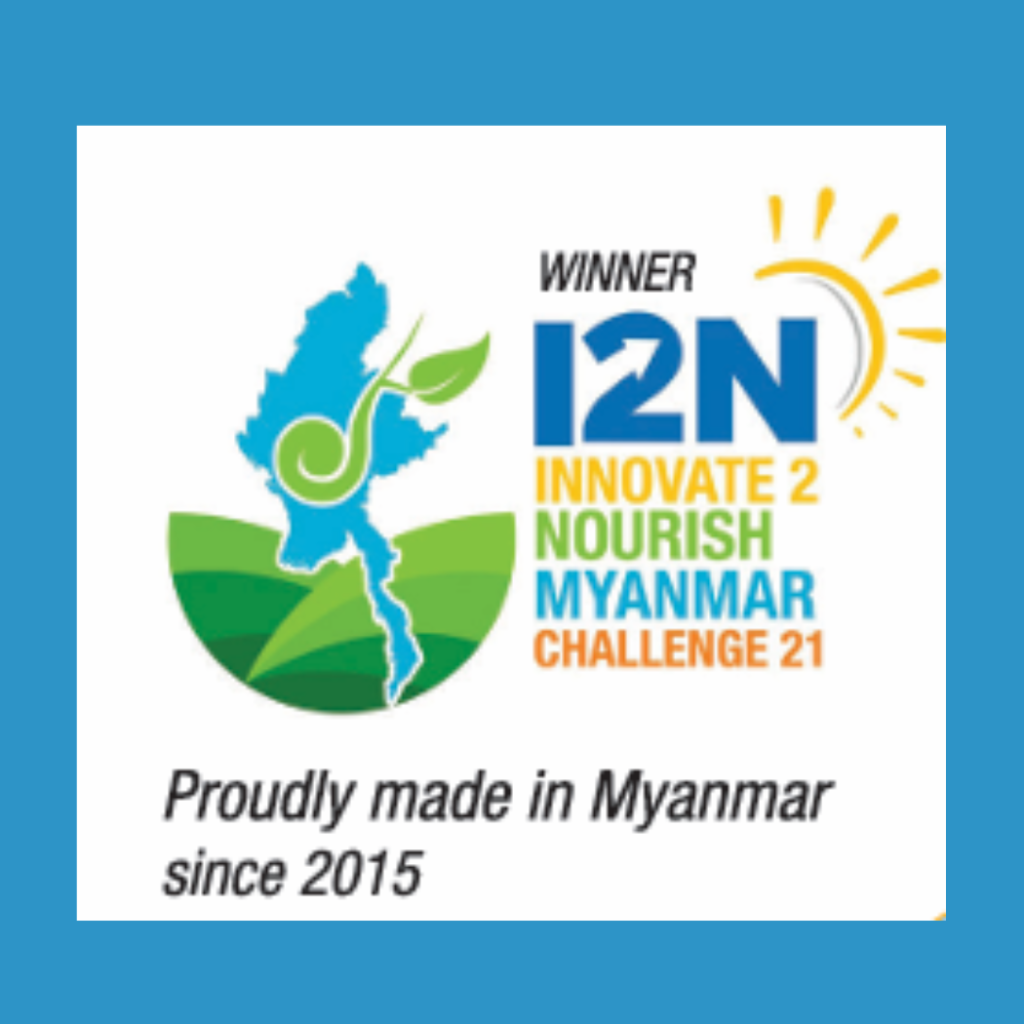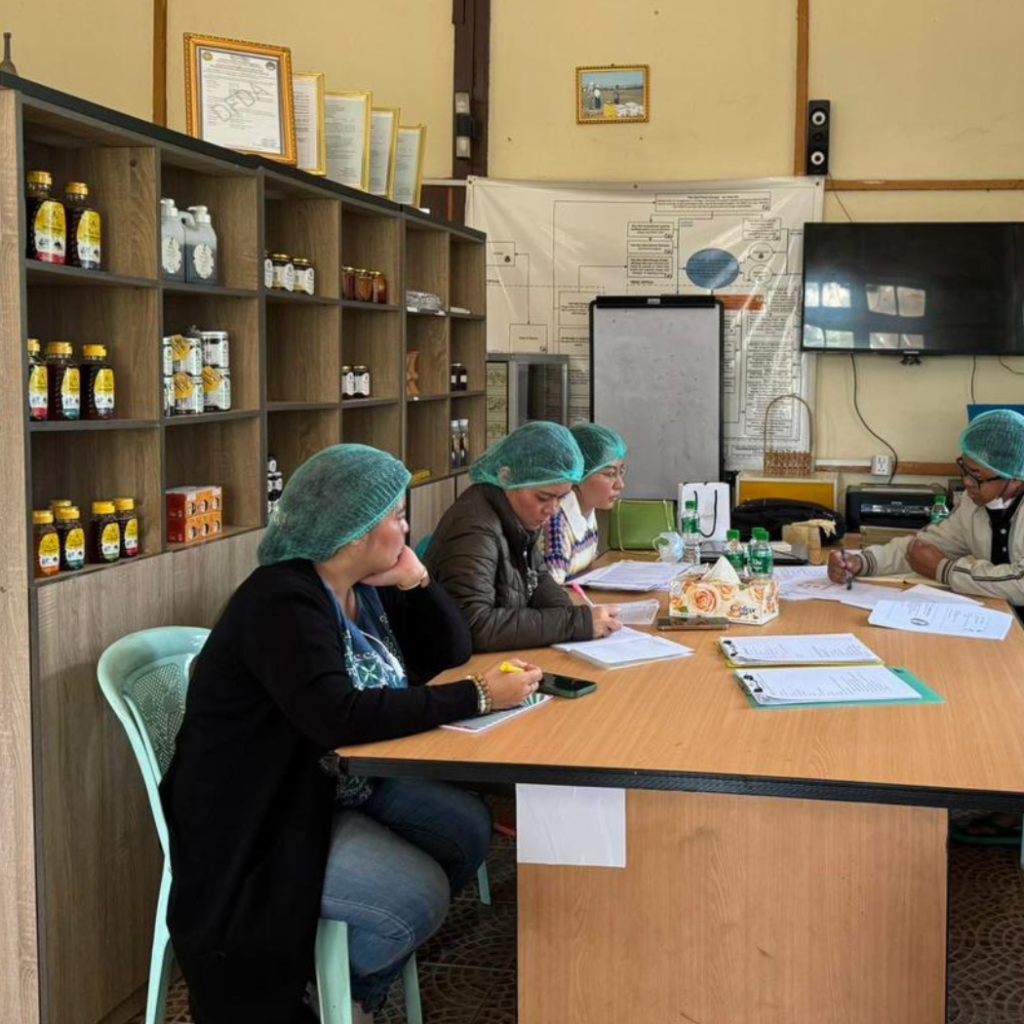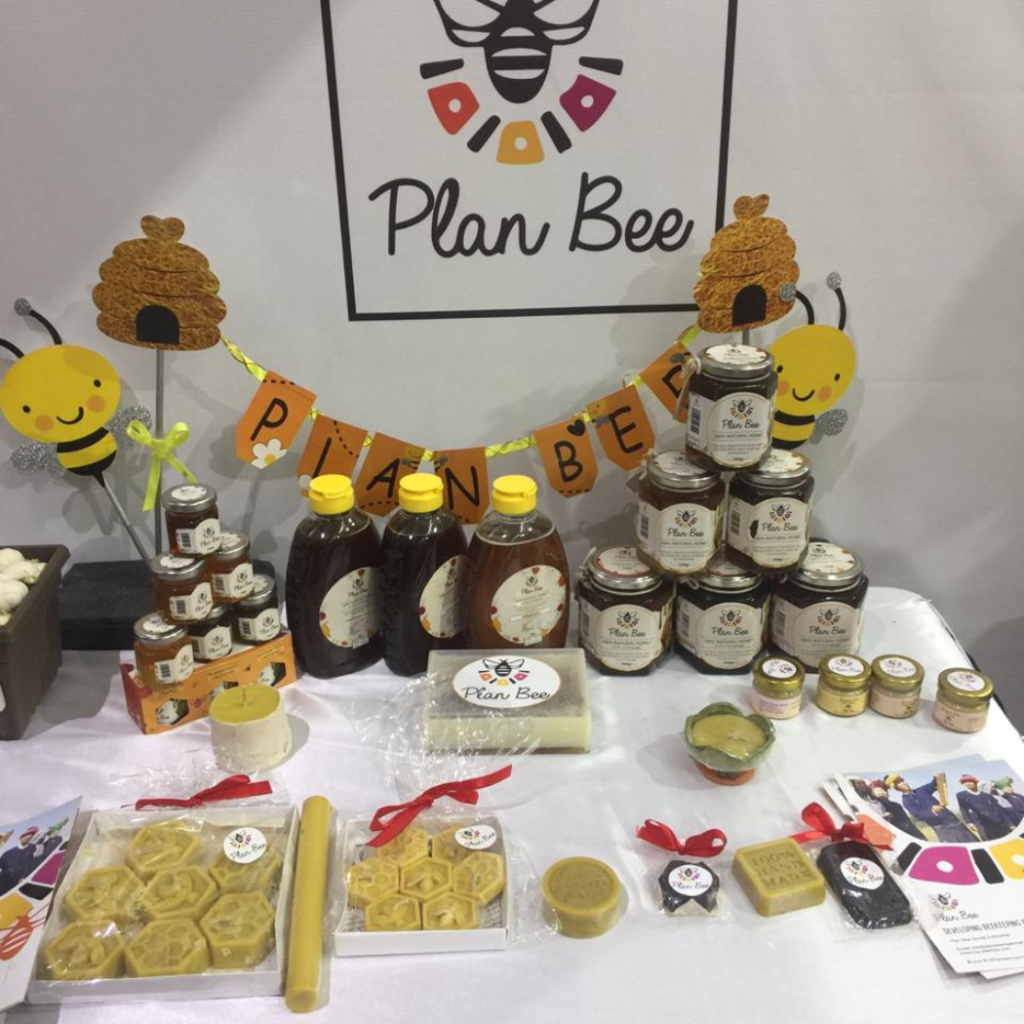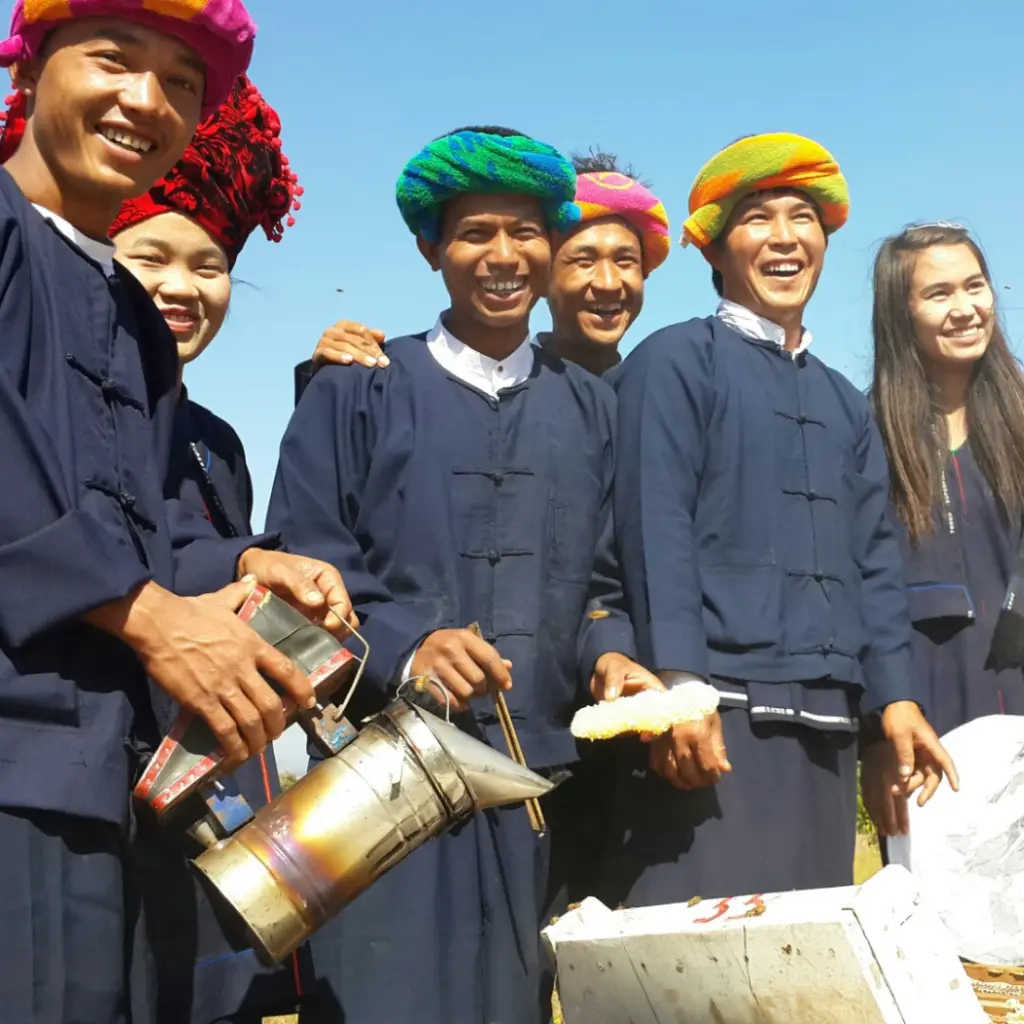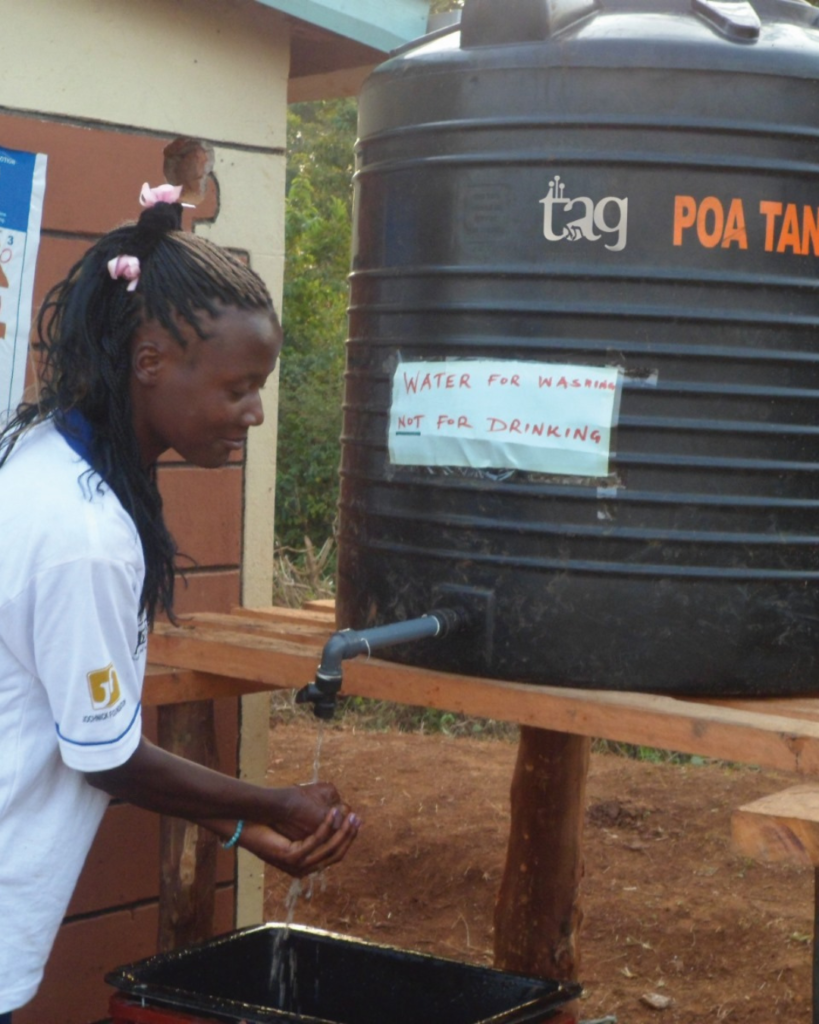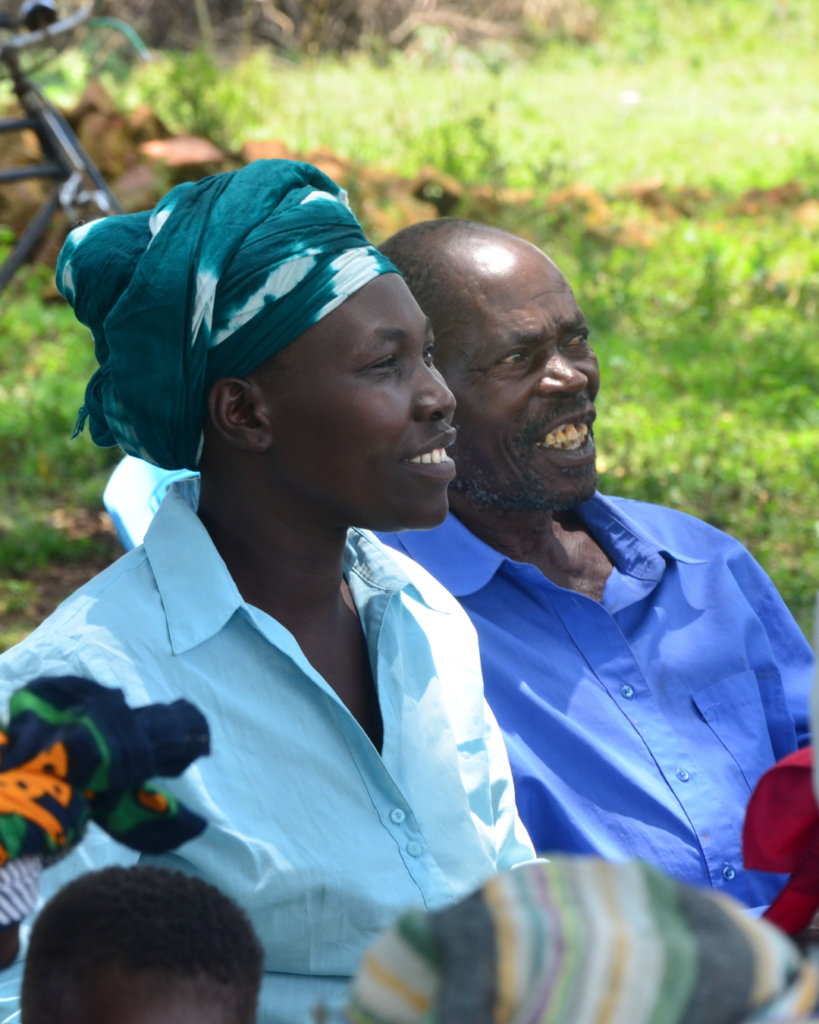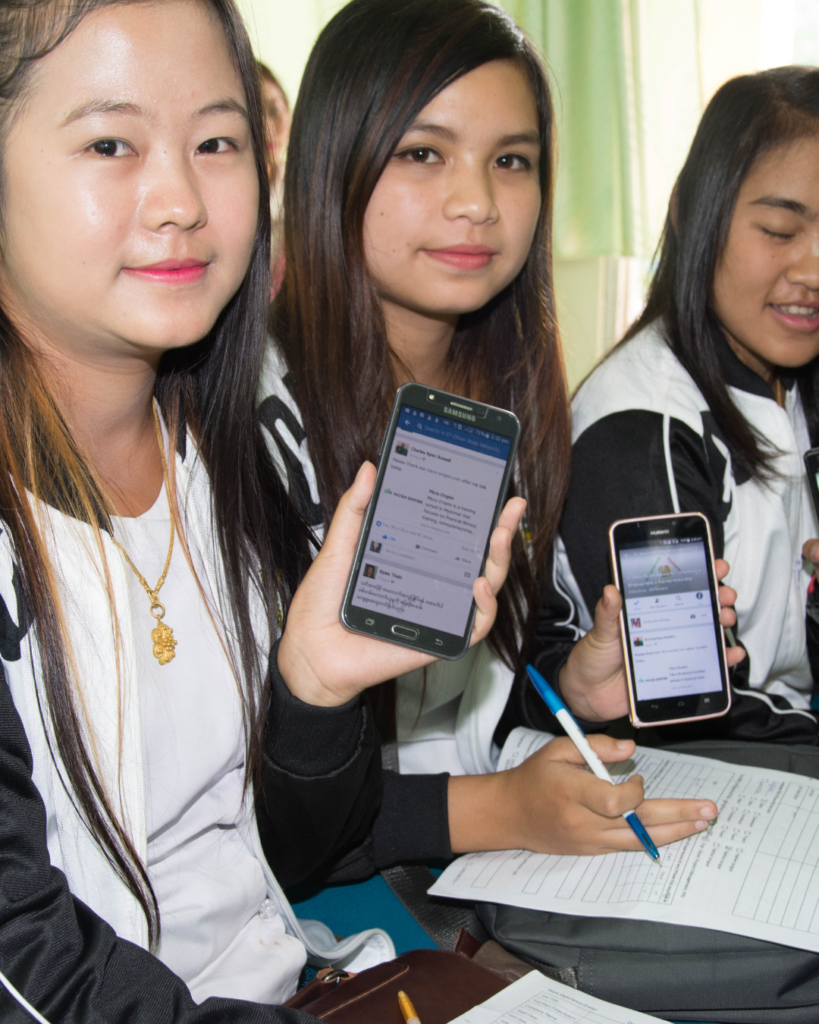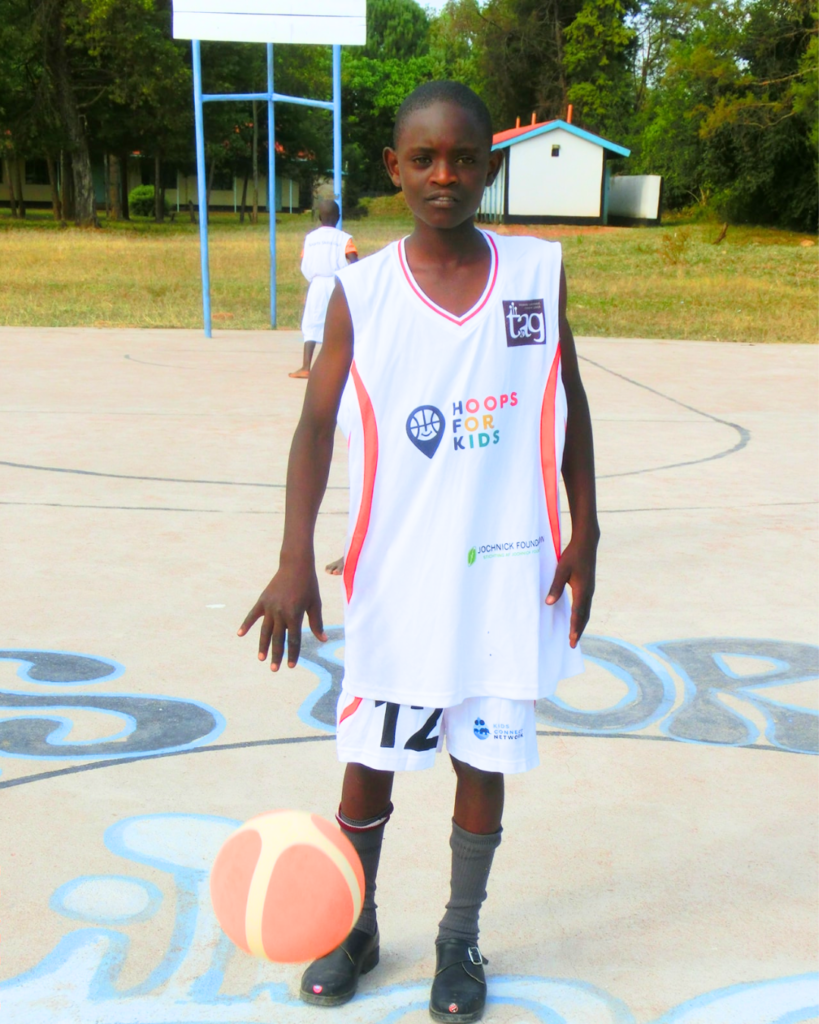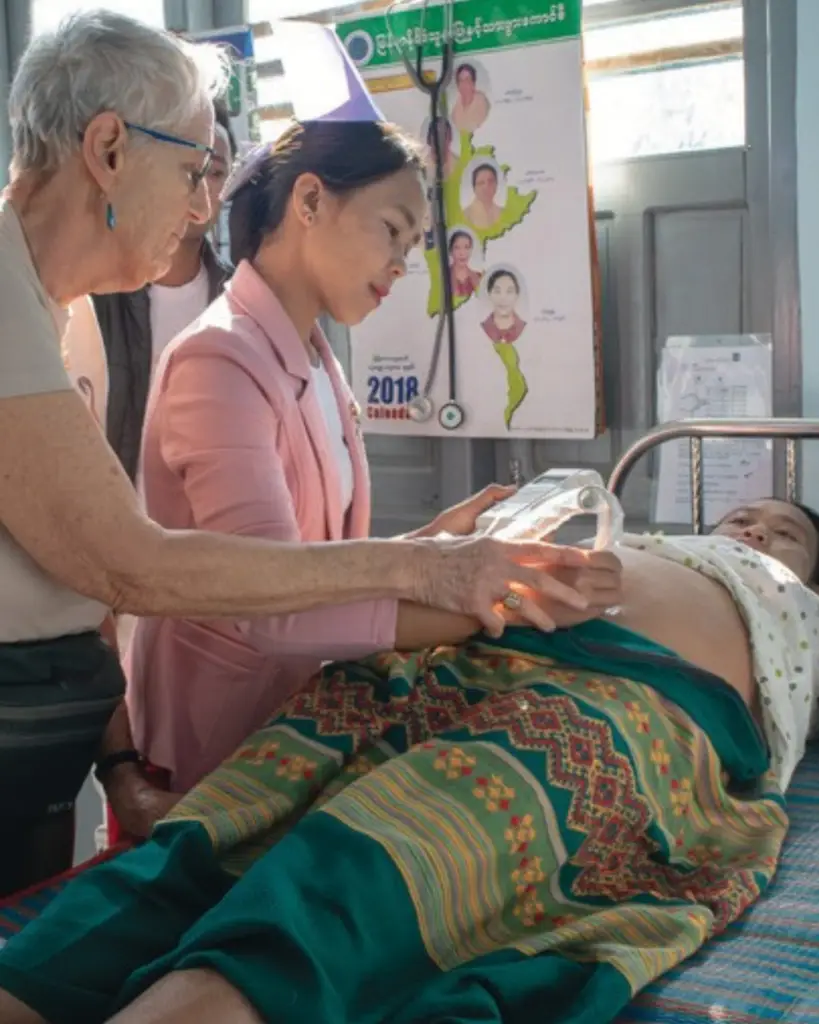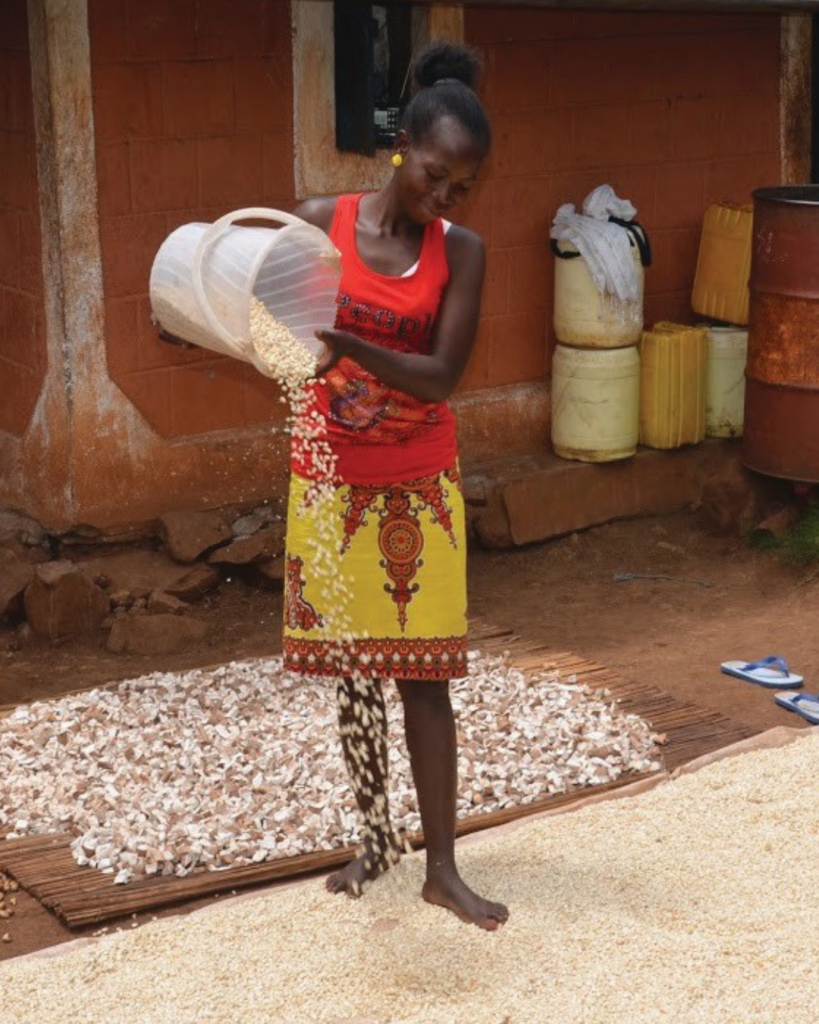Some have Plan A; Tag has Plan Bee.
Tag is leveraging bee-keeping to empower and improve livelihoods for people in Myanmar (Burma) to improve employment, skills, nutrition and livelihood opportunities. We ran a major (apiculture) project in South Shan State to improve livelihoods and food security of vulnerable communities and rural farmers through the advancement of the beekeeping sector by introducing innovation and technical expertise, developing markets, and creating economic opportunities for women.
Eighty Israeli bees were brought to Myanmar, and the first artificial insemination program for bees was initiated. Israeli experts, along with others from Vietnam, provided extensive training. The project is supported by the United Nations through its affiliate LIFT, a livelihood multi-donor fund for Burma that includes the EU, Australia, Denmark, France, the Netherlands, New Zealand, Sweden, Switzerland, the UK and the USA. The project was delivered in close cooperation from Myanmar government’s Apiculture division.
We trained over 2,000 new and existing beekeepers in advanced beekeeping skills, many with no previous experience in the sector, and a good number have gone on to become commercial beekeepers. Our beekeeping training and vocational program helped promising young people establish successful beekeeping enterprises by providing start-up capital, beekeeping equipment, and ongoing mentoring.
Our project created upgraded training manuals, and introduced a range of innovative beekeeping equipment, such as solar honey extractors, refractometers and polystyrene hives. We also developed and tested a range of innovative honey and bee-related products, from creams to pastes.
The project initiated 19 Community-Based Enterprises, small cooperatives of new beekeepers, and provided them with the necessary training and support to become small businesses. The project also provides advanced training for the first time in Myanmar on the artificial insemination of queen bees, which is crucial to a vibrant and productive honey industry.
In addition, a series of women-led microenterprises were established producing and selling bee-related products such as beeswax candles and natural cosmetics. Through Plan Bee beekeepers and farmers collaborated on expanding honey production, improving the quality of the honey, and promoting beekeeping in Myanmar.
Plan Bee has successfully pursued a policy of inclusion. We trained and absorbed ethnic minority groups, such as Pa’O and Danu, into our technical delivery team.
The project also worked diligently to raise awareness of the importance and benefits of pollination to agriculture through a demonstration farm and public education.
Another major component of the project was advancing the branding and marketing of honey. As a result, Plan Bee honey is now available globally.
We established a Social Beekeeping Enterprise that sells the products to premium local and international markets, buying honey from local beekeepers at fair trade prices. The quality of the honey produced has risen dramatically and so has the price it can fetch. Since the start of the project, the price of premium local honey has increased from just $1/kg to over $13/kg!
The company is called Plan Bee, and has received local and international accreditation. Plan Bee has been honored with several prestigious awards. In 2021, Plan Bee won the Innovate to Nourish Challenges (I2N) award from the World Food Program (WFP) for our business model.
Plan Bee Social Enterprise is the only Myanmar honey in the Myanmar honey brand with a social mandate. We are proud to be the first, and only, social enterprise and community-based project in the Myanmar beekeeping sector.
